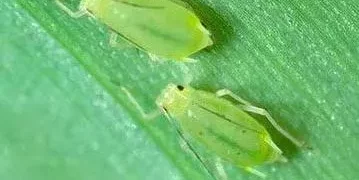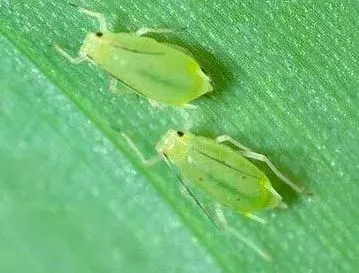In this article, we will explore the impact of aphids on farming and how sustainable farming practices can help combat this pest. Aphids are a common pest in agriculture, and their ability to spread diseases and damage crops can result in significant yield losses. By utilizing sustainable farming practices, farmers can effectively manage aphid infestations and minimize their impact on crop production.
Aphids are small insects that can cause significant damage to crops by feeding on the plant’s sap and transmitting diseases. According to a report by the United States Department of Agriculture (USDA), aphids are responsible for significant crop losses each year, with estimates ranging from 10 to 30 percent.
One sustainable approach to managing aphids is through the use of beneficial insects, such as ladybugs and lacewings, which feed on aphids and help control their populations. Research has shown that introducing these insects to the field can reduce aphid populations and increase crop yields.
Another sustainable method for controlling aphids is through the use of insecticidal soaps and oils, which are derived from natural sources and do not harm beneficial insects. A study published in the Journal of Economic Entomology found that spraying a mixture of canola oil and soap reduced aphid populations by up to 85 percent.
Furthermore, implementing sustainable farming practices like crop rotation and intercropping can help reduce the spread of aphids and minimize their impact on crop production. A study published in the Journal of Applied Ecology found that intercropping with certain plant species can reduce aphid populations and increase crop yields.
In conclusion, aphids are a significant pest in agriculture, but with the implementation of sustainable farming practices, farmers can effectively manage aphid infestations and minimize their impact on crop production. By utilizing natural solutions like beneficial insects, insecticidal soaps and oils, and sustainable farming practices, farmers can reduce their reliance on synthetic pesticides and promote a more sustainable agricultural industry.
#Aphids #SustainableFarming #BeneficialInsects #InsecticidalSoaps #CropRotation #Intercropping #PestControl #EnvironmentalSustainability































